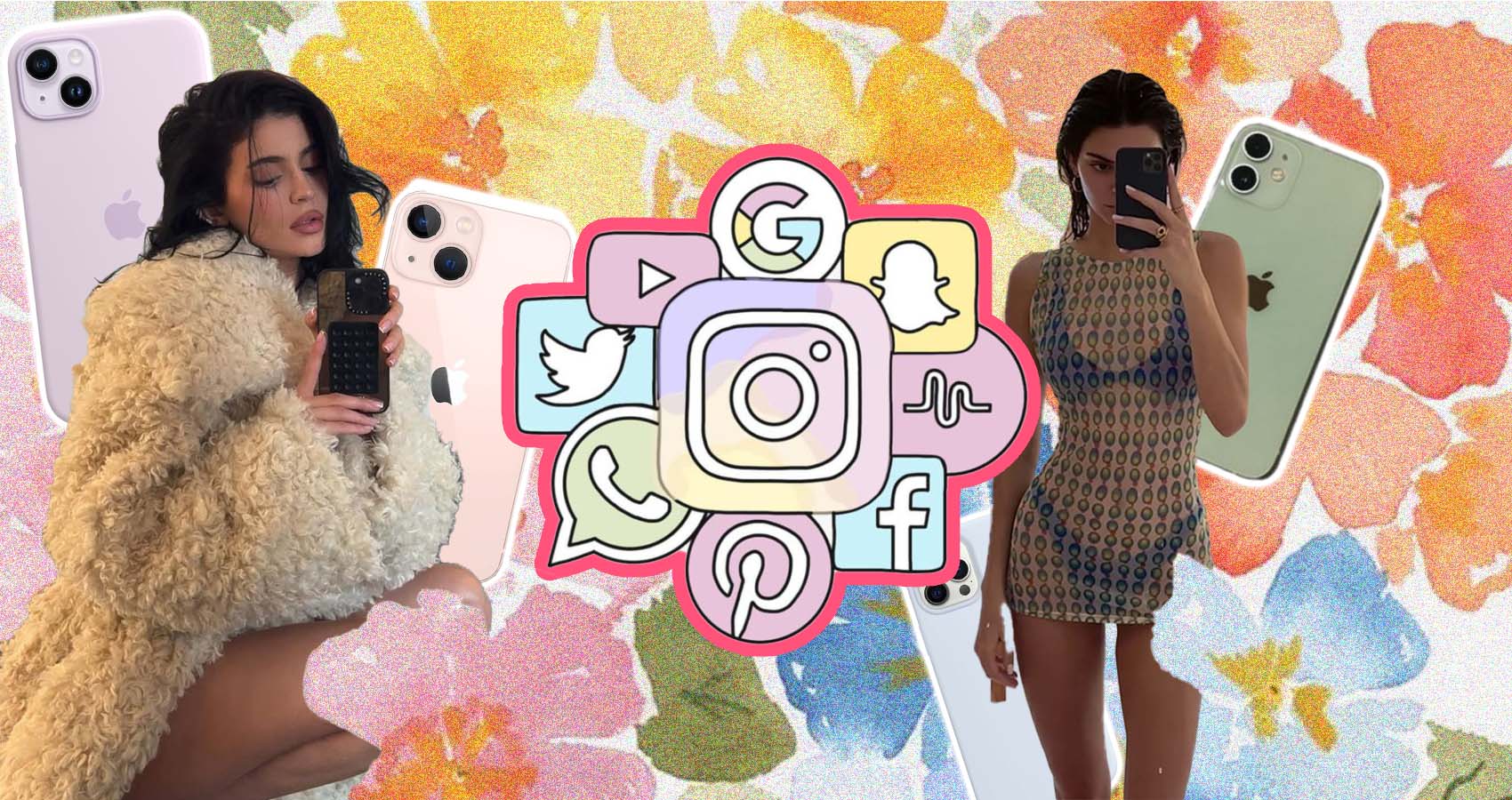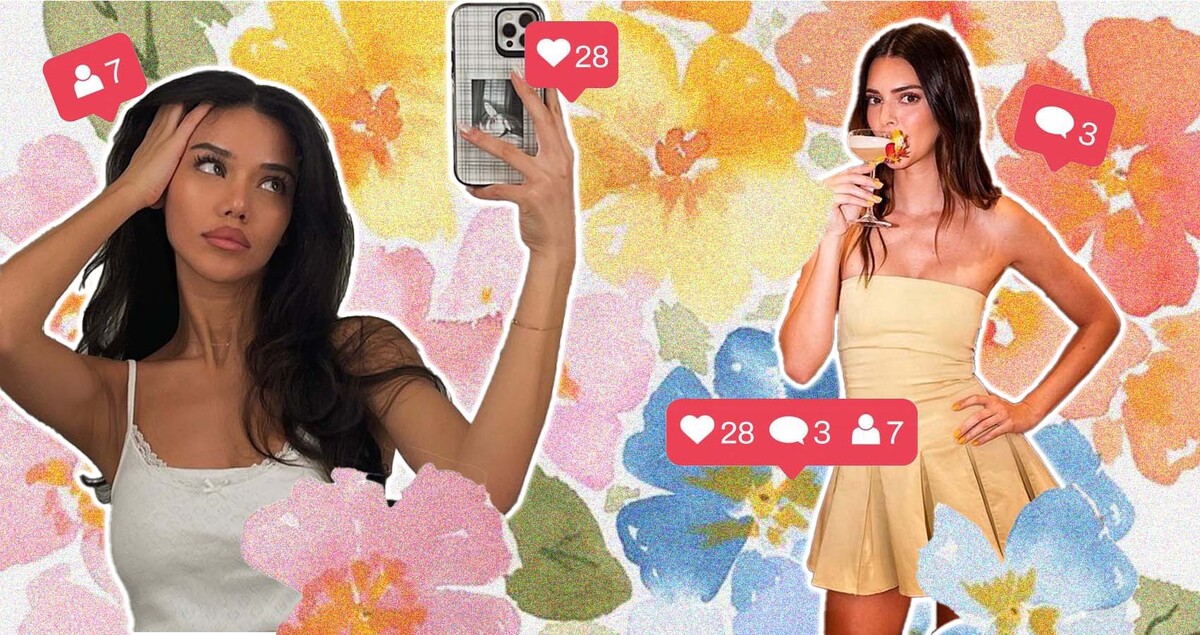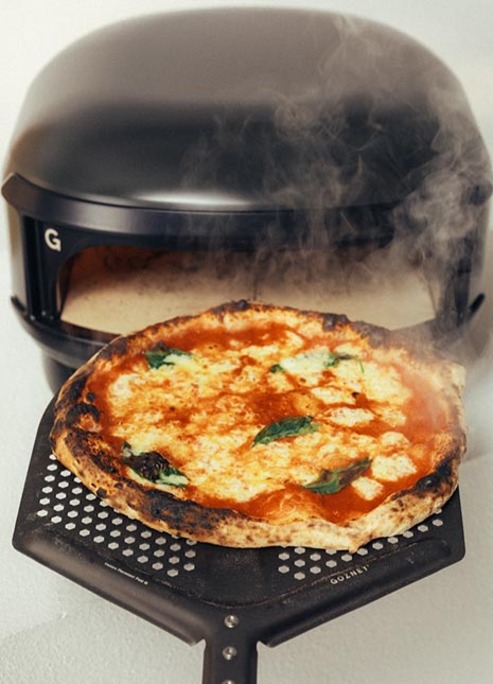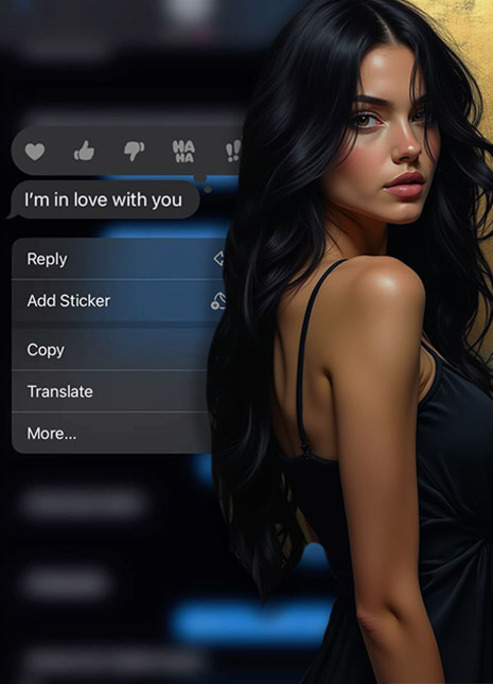
The Impact Of Beauty Standards On Social Media
Unveiling the Influence of Social Media on Modern Beauty Ideals and Self-Perception
Social media has become a powerful self-expression, connection, and inspiration platform. However, it has also perpetuated unrealistic beauty standards that can negatively affect mental health and self-esteem. Platforms like Instagram, TikTok, and Snapchat often glorify an idealized version of beauty characterized by flawless skin, perfect body proportions, and curated lifestyles. Filters, photo editing, and selective posting often enhance these portrayals, creating an unattainable benchmark for many users.

The constant exposure to such images can lead to body dissatisfaction, anxiety, and depression, especially among young people who are still developing their sense of identity. Additionally, beauty standards on social media often lack diversity, marginalizing individuals who do not fit the mainstream ideal. While movements promoting body positivity and inclusivity have gained momentum, the dominance of unrealistic beauty standards remains pervasive.
What have people done against this?
To combat these effects, users must cultivate media literacy and prioritize authenticity over perfection. Social media platforms also bear responsibility for promoting diverse representations and encouraging positive content. By fostering a more inclusive and realistic online environment, we can mitigate the harmful impact of beauty standards and support mental well-being.











